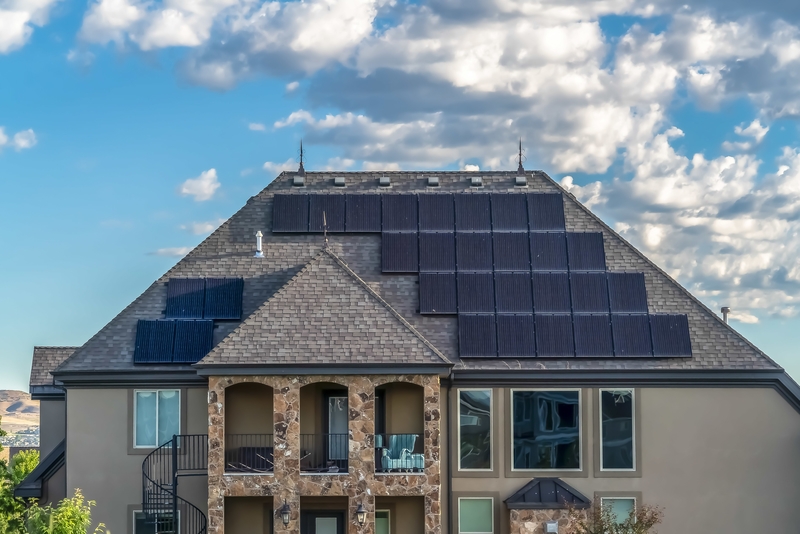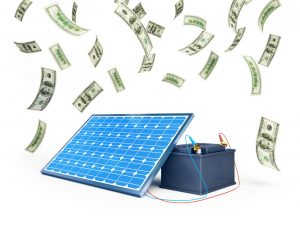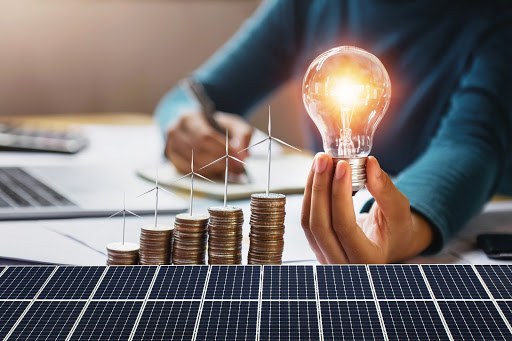We get asked lots of questions about selling or refinancing a home with Solar Panels. One of the most common is, “If I invest in solar panels, does this put a lien on my home?”.
First, it’s important to understand that a lien is a legal claim to the property of another person until that person pays off the debt owed to own the property. In other words, if a lien is placed on your home, the home becomes the right of the bank, or lender, to sell when the homeowner fails to pay off the loan. Therefore, if a home is the subject of a lien, the homeowner cannot sell or refinance the home without the approval of the bank, or lien holder.
Aurora Energy does not put a lien on your home when we install solar panels. The solar loan is for the panels only. Generally, the bank or lender who finances the installation puts what is called a Uniform Commercial Code Financing Statement, or UCC-1 fixture filing, on the panels once they have been installed. This filing is simply a way to ensure that the bank’s asset (the solar panels) is protected until the homeowner pays the solar loan in full. The filing shows up on your property title to inform anyone completing a title search on your property that the solar panels are installed on your home. This is done to prevent a bank or lender from taking ownership of separately-owned property, should the homeowner default on their home loan or foreclose.
As a matter of practice, Aurora Energy will arrange for the UCC-1 filing to be lifted during the underwriting period, should a homeowner decide to refinance or sell their home.




